Basil

History - Basil is a member of the mint family, and was known as the herb of kings in ancient times. In fact, its name may have been derived from the Greek word basileus, meaning "king".
Contents
Basil is a member of the mint family, and was known as the herb of kings in ancient times. In fact, its name may have been derived from the Greek word basileus, meaning "king".
History
The ancient Greeks and Romans believed that you had to curse and yell while you were planting basil seeds, to get a good crop, although that practice has since been largely abandoned, at least by commercial growers.
Basil protects from evil and negativity, and aids in attracting and keeping love. It is used for purification baths, and in wealth and prosperity rituals. Carrying a basil leaf in your pocket brings wealth, and if powdered basil is sprinkled over your mate while they sleep, it is supposed to eliminate infidelity from your marriage.
Growing Basil
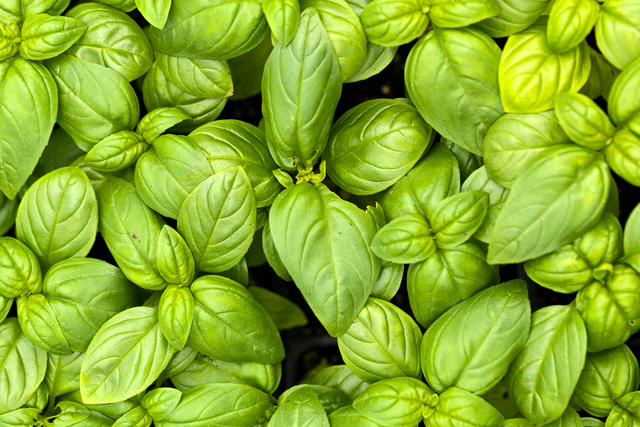
Basil will grow in any well-drained, fairly rich soil, and full sun. It can be grown throughout most of North America. It is an annual, which reaches 2-3 feet tall. Pinch off the tips to promote bushiness and flower buds to maintain growth.
Sweet basil - have glossy leaves and full basil flavor.
**Lettuce-leaf basil - have extra-broad leaves.
Bush basils - include 'Spicy Globe', 'Bush', 'Tiny Leaf Purple', 'Green Bouquet', and 'Piccolo Fine Verde'.
Lemon basil - have light green leaves and a lemony fragrance. The leaves are great in vinegars, potpourri, fruit salad, fish, poultry, and herb teas.
Purple basil - have purple foliage and pink flowers. It brings a lot of color to the herb garden and makes a wonderful red herbal vinegar.
Fragrant basils - for special kinds of cooking and potpourri include purple-stemmed anise basil, cinnamon basil, and Thai basil.
Thai basil - an annual native to Thailand and Burma. It has a darker leaf than common basil and a slight anise flavor. It is used extensively in Thai and Indian cooking.
Medicinal
Basil is used to treat stomach cramps, vomiting, fevers, colds, flu, headaches, whooping cough, and menstrual pains. It is also used to reduce stomach acid, making it a valuable part of any treatment for ulcers, and a valuable addition to any recipe using tomatoes for those with sensitive stomachs. Externally, it can be used for insect bites, to draw out the poisons. It has been used in other countries to eliminate worms from the intestines, and the oil from basil leaves is applied directly to the skin to treat acne.
Cooking
Scented basils add a unique flavor to dishes and can be used to make jams, jellies and vinegars and teas. Try making tea from basil, as you would mint, for an after-dinner tea.
Basil goes well with other herbs, spices, and flavorings, especially thyme, garlic, oregano, and lemon.
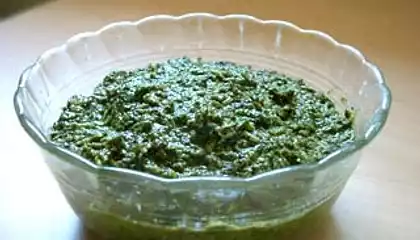


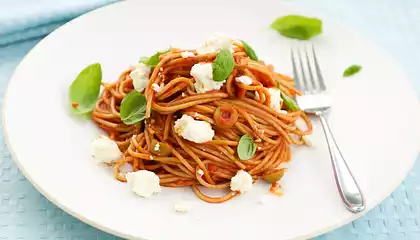




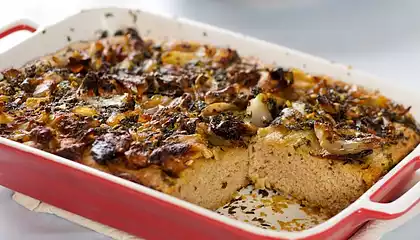

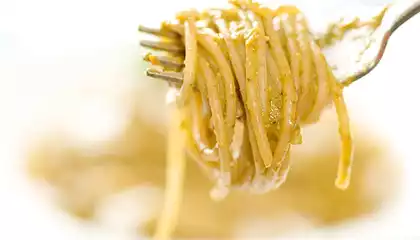
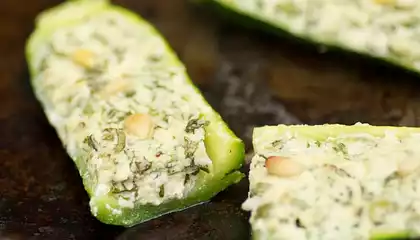




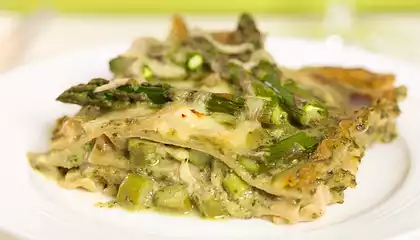



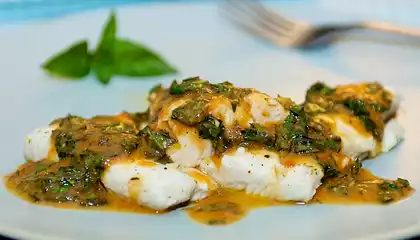
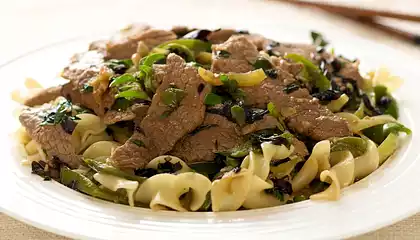
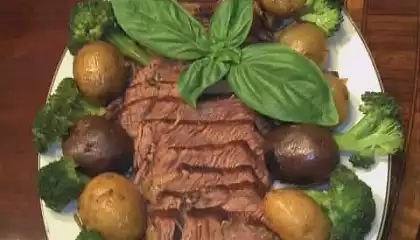
Comments
This article is great, I hope you post more articles like this, it's really really the best and most informative article I have ever read about my 2nd favorite herb, long live BASIL!